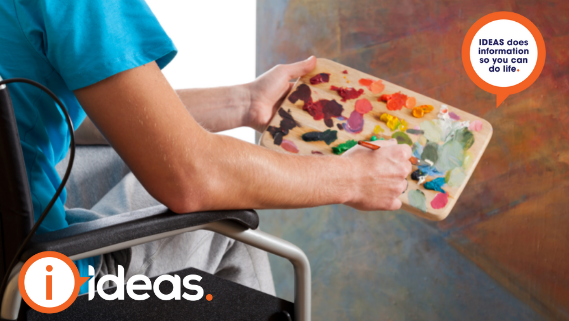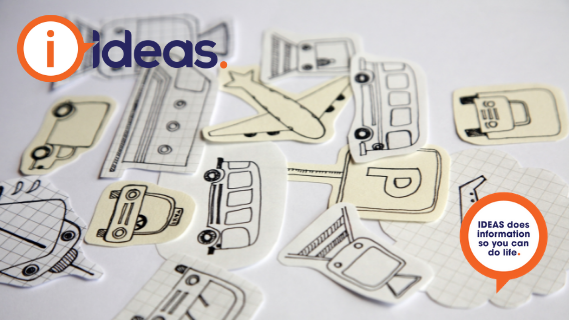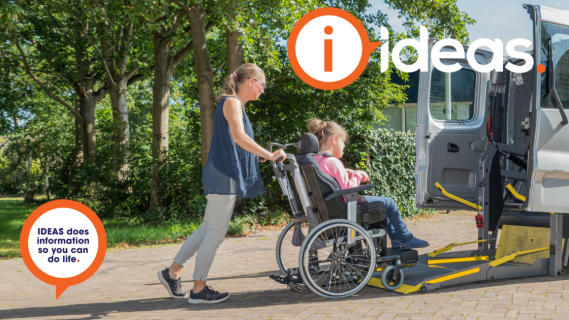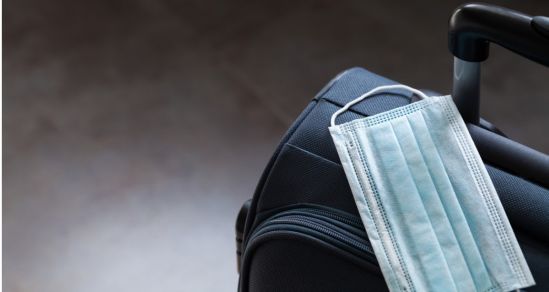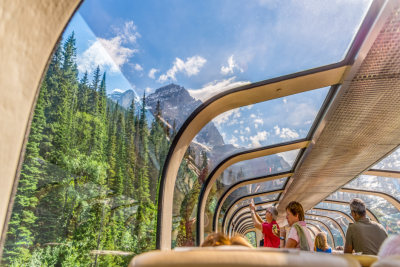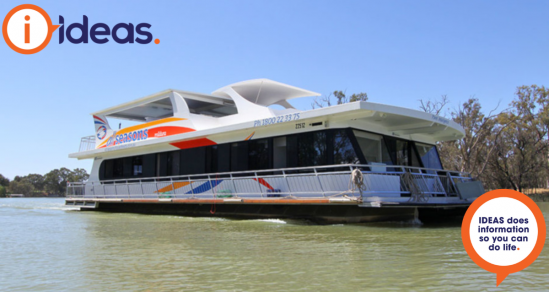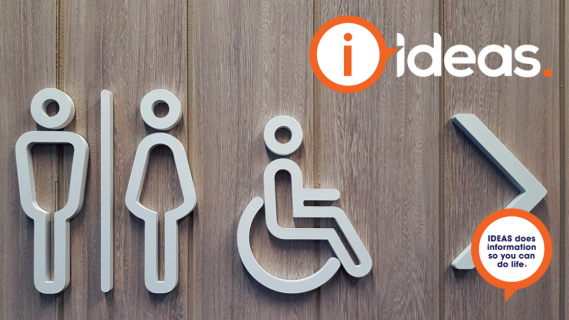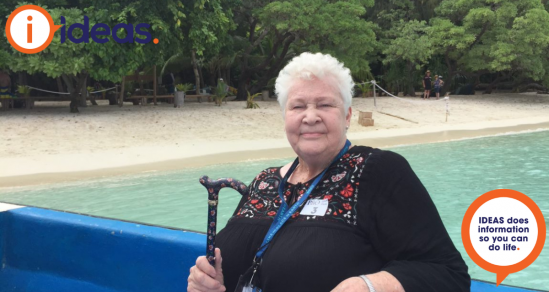Travelling with a spinal cord injury presents challenges, IDEAS have put together some tips for making your next, or your first, holiday easier.
Planning ahead
In any holiday, planning is one of the key stages. Add in accessibility requirements, and planning becomes a necessity.
- Choose a Travel Agent with plenty of experience in accessible travel.
- Join groups or forums and ask others about their experiences.
- If you are a first-time traveller, start small, do a practice run somewhere close to home or relatives.
Transport
One of the biggest challenges in travelling with a wheelchair is air transport. Confirm details with airlines and airports and ask detailed questions, for example:
- What options are available for transfers, (self-transfer, assisted transfer, and types of hoists, lifters available, or in-aisle wheelchairs)?
- What are the boarding and check-in procedures and times?
- What measures do you need to consider for Security checks?
- Assistance requirements for transfers and after the wheelchair is checked in, for example, are the staff able to assist a lone traveller?
- Extra cost, booking of and availability of any other services or assistance?
- What are the requirements for check-in of your wheelchair and batteries?
Remember that details will vary from airline to airline and at each airport.
As a precaution, remove loose fittings, such as footplates, head and armrests. At the last moment, store power cables and controls safely in your carry-on luggage. For powered chairs, confirm with the airline about battery storage and requirements.
Many travellers find it handy to include a multi-language, simple instruction sheet attached to the chair (laminated if possible) to demonstrate how to change from power to manual modes, or how to fold your chair.
Also ensure that vehicle-hire requirements are met before you travel, booking at your destination will limit options and possibly leave you stranded. Double-check details of accessibility with the hire provider.
Helpful points to consider with air travel
Toileting and the use of drainage bags – bladder and bowel management, privacy – consider connecting a night bag to the leg bag. For more useful tips on managing incontinence, click here.
If you are a solo traveller, consider how you will manage baggage and transporting luggage through the airport.
Do you require extra Insurance? – Double-check for coverage of your wheelchair or other mobility equipment on your standard travel insurance.
Cruise Travel
Accessibility features vary on each ship, including ships in the same class. Once again, this is important to check with the cruise line on the accessibility and features available to you, including equipment available and assistance levels. If you can only transfer in one direction, be sure to relay this information to the cruise line, as some accommodations have only a single side approach room. Check on room clearances as mobility and other equipment cannot be stored in hallways. Weight of your mobility equipment, if particularly heavy, may also affect which ports you can disembark at, due to transportation lifts. Itineraries can give you information on where wheelchair access is available for disembarking.
You can also request a list of the accessible room features and widths.
One of the advantages of Cruise travel is the access to medical facilities on board. However, if a ship docks at port, or the emergency cannot be treated onboard, be prepared that you may be transferred to a hospital for continued care. Medical Insurance is still necessary as treatment costs are excessive, and will include any transfer costs of air ambulance or time in Intensive Care.
If you have a service dog, check with rules on disembarking at ports, and the documentation required to do so.
Daily routines
Assess your daily routine needs, then consider ways you can safely accommodate routine functions whilst travelling. Carefully consider toileting and elimination needs, since airline restrooms are often not wheelchair accessible, and air travel may require extended periods of sitting. Crossing time zones will have an impact on your body clock, so be aware and prepared for variations on your normal routine.




